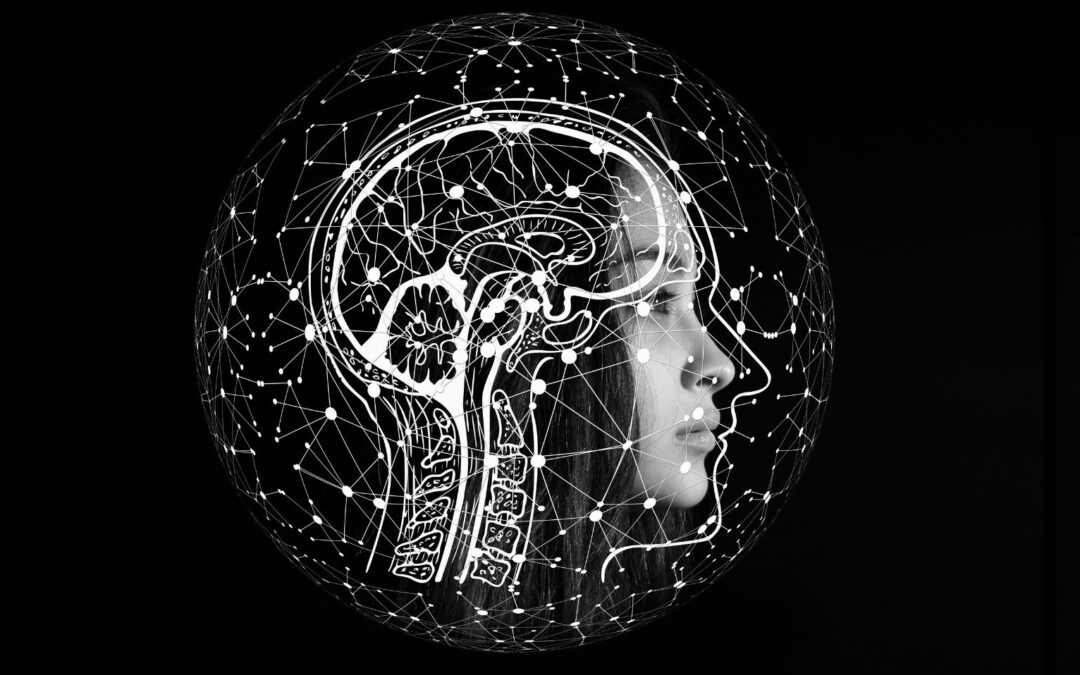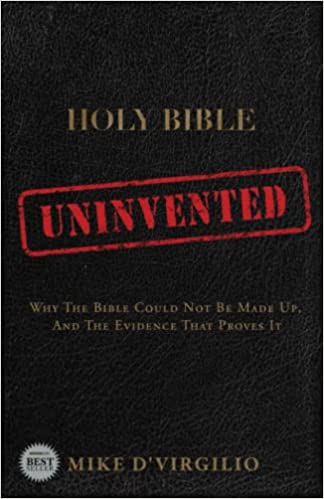
Free Will Does Not Exist
I imagine how most people will respond when seeing that provocative title. What do you mean free will doesn’t exist! Of course it does, isn’t it obvious? Actually, it isn’t obvious at all when we think about it, and I mean think very carefully about it, and not just react as if it’s unworthy of our thinking because it so obviously exists. As I mentioned in my last post, I was talking to a co-worker about Calvinist soteriology, how people are saved, that God chooses us; we don’t choose him until He first chooses us, and she brought up free will. This is a typical non-sequitur, as if God exercising his sovereignty in salvation des troys the nature of his creation. That does not follow because, well, God is God! As I told her, free will is a philosophical concept that comes out of Enlightenment rationalism and can’t be found anywhere in the Bible. It’s just not there. Certainly, the Bible assumes human freedom in some sense, that people have agency, that their choices matter and have both temporal and eternal consequences, and they are in some way accountable for those choices. Affirming this, however, does not indicate there is such a thing as the philosophical concept of free will.
First, let’s address why this is a discussion at all among Christians when discussing salvation and God’s sovereignty. The biblical writers see no need to explain how God’s sovereignty and human freedom and accountability can co-exist. They clearly do, and that’s that. Even reading Calvin you won’t find any disquisition trying to figure this out, or playing one off the other. This debate started when Jacobus Arminius (1560–1609), a Dutch pastor and theologian, objected to Calvin’s focus on God’s sovereignty in salvation. Calvinism became the Calvinism we know today because Calvin’s followers’ responded to the Arminians at the Synod of Dordt in 1618-19, out of which came the famous acronym TULIP, or the five points of Calvinism. Although Calvin would have largely agreed with the substance, I think his understanding of God’s work in the soul of man is more organic and dynamic, not to mention complicated or easily understood. Most people reject Calvinism because they think TULIP is Calvin. It really isn’t.
All Christians accept God as sovereign and human beings as free and accountable agents. The question on the table today is specifically free will. Are human beings truly free? And what exactly does that mean? The easiest way to approach the question, and it is a deep, complex, and controversial philosophical question, is to consider its opposite, determinism. One definition states:
Determinism means that, in a situation in which a person makes a certain decision or performs a certain action, it is impossible that he or she could have made any other decision or performed any other action. In other words, it is never true that people could have decided or acted otherwise than they actually did.
I would argue that while the biblical doctrine of man made in God’s image, male and female He created them, does not allow for absolute determinism, human beings are in very real ways determined and not absolutely free beings. In other words our choices are in some ways determined by things outside our control. If this is true, free will as a philosophical concept does not exist.
The examples of this truth are innumerable, even apart from the doctrine of original sin which clearly limits our free will and choices. For example, every person is born with a certain personality and dispositions. Some people by birth, for example, are more inclined to self-control and self-discipline; it comes easier to them. This has nothing to do with their choosing. Their choosing is of course involved, but it requires little willpower. It’s almost natural. For others this is a life-long struggle. Are the former more virtuous and moral than the latter? It’s a complicated question, isn’t it. If we take into account our naturally born penchant to sin like the crooked sticks we are, then what? Are we in fact “free” to choose? Or take cognitive capacity. Some people are smarter than others. Or drive. Some people are more driven than others. Others are “natural born” leaders, others are followers. How does free will play into all of this?
Or how about the family we are born into? Everyone knows the environment into which we are born and raised has a significant impact on who we become. Every sociological study proves it, but it’s just common sense. Consider a child born to married parents, yes mother and father, whose family life is harmonious, whose parents are caring and responsible in every way. Chances are that child turns out considerably different from a child born in “the hood” or some mountain hick town in Appalachia who has seven different siblings by seven different fathers. Is the former child more virtuous and moral than the latter? How about where someone is born. Does someone born and raised in Saudia Arabia or North Korea have the same opportunity to choose the gospel?
I could go on, but you get the point. Which is, we are not what the so-called Enlightenment insisted we are, cold, cool, purely rational beings whose choosing is undetermined and totally free. As I heard one person say it, we are not brains on sticks. Our choosing and will is a complicated business, which is why I thank God He is the ultimate judge and not me. It is why in humility I try my level best not to “judge” others as if I were inherently better than they are, and why daily I repent of my sin because, well, I’m a wretched sinner saved by God’s mercy and purely unmerited favor. And thank Him that He chose me!
Having said all this, biblically speaking we do have agency, our choices really do matter; we can change things and alter the course of history. We are also accountable for those choices, both the consequences and the guilt for what we think and do. We are ultimately responsible beings, and taking responsibility for our choices is what truly sets us free to be human. We have no need to play the victim, and wallow in self-pity, or grow bitter and angry because life doesn’t go “our way.” This freedom is the fruit of a biblical worldview, of God as our Creator, we made in his image as co-creators, in contrast to the pagan-secular worldview that insists we are purely material beings and products of random chance. With God we have hope, meaning, purpose, fulfillment, joy; without Him, well look at America today. God’s sovereignty over all things is what roots the Christian worldview in true human flourishing, that we are not merely free agents all on our own in a cold and lonely universe, but that God foreordains all things in his magnificent providence toward His glorious ends.
God’s grace, speaking of salvation, is also sovereign, choosing on whom he will grant unmerited favor. In this regard, it is instructive to read about Moses when he asks the Lord to show him His glory (Exodus 33:18-20). The Lord tells him He will cause all his glory to pass in front of him, then says something that makes Arminians uncomfortable, or should:
I will proclaim my name, the Lord, in your presence. I will have mercy on whom I will have mercy, and I will have compassion on whom I will have compassion.
The very essence of God’s being (name) is reflected in His absolute power and authority to pardon whom he will. And remember, all stand before him justly condemned. We are not free to pursue God because He is our judge, jury, and executioner, and like Adam and Eve we hide when He comes calling. He chose Abram out of all the people on earth to fulfill a promise to make his descendants like the sand on the seashore and the stars in the sky, and he chose us in Christ! Even before the world was created! When my brain gets all discombobulated about this stuff, God’s eternal decrees and His sovereign purposes in election, I always go to Moses’ comforting words in Deuteronomy 32:
3 I will proclaim the name of the Lord.
Oh, praise the greatness of our God!
4 He is the Rock, his works are perfect,
and all his ways are just.
A faithful God who does no wrong,
upright and just is he.
Amen and amen!




Recent Comments